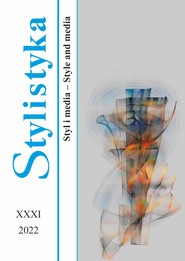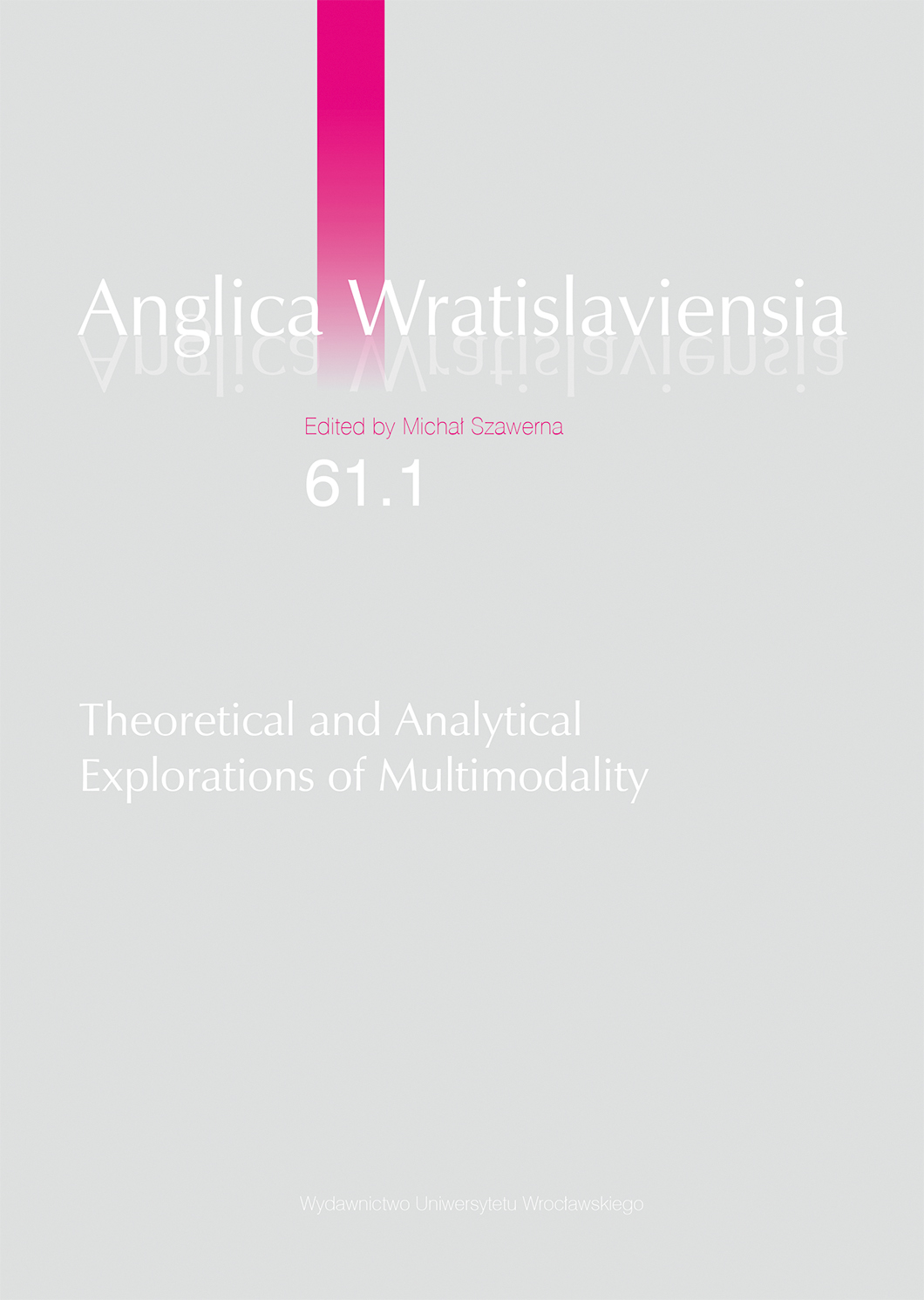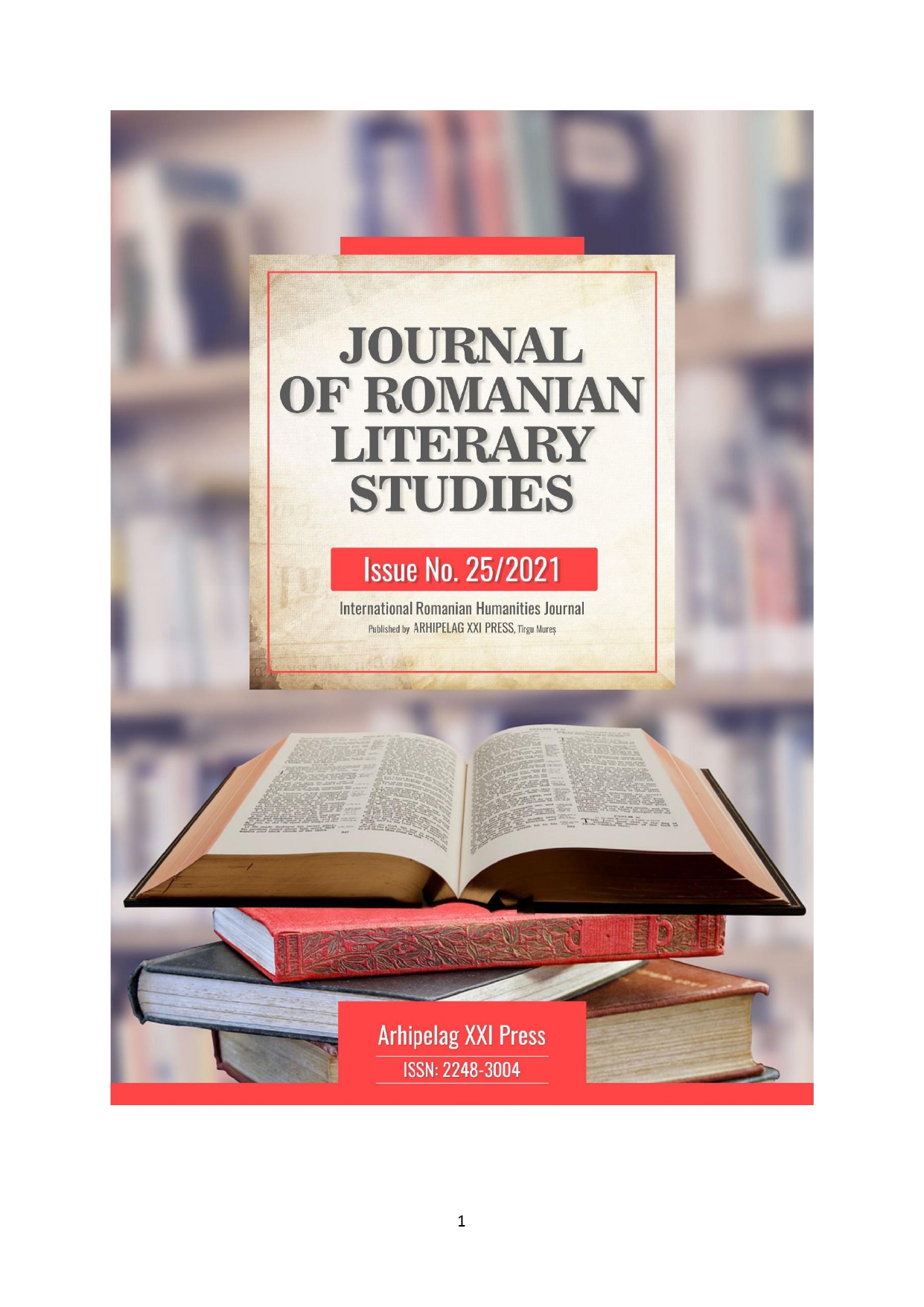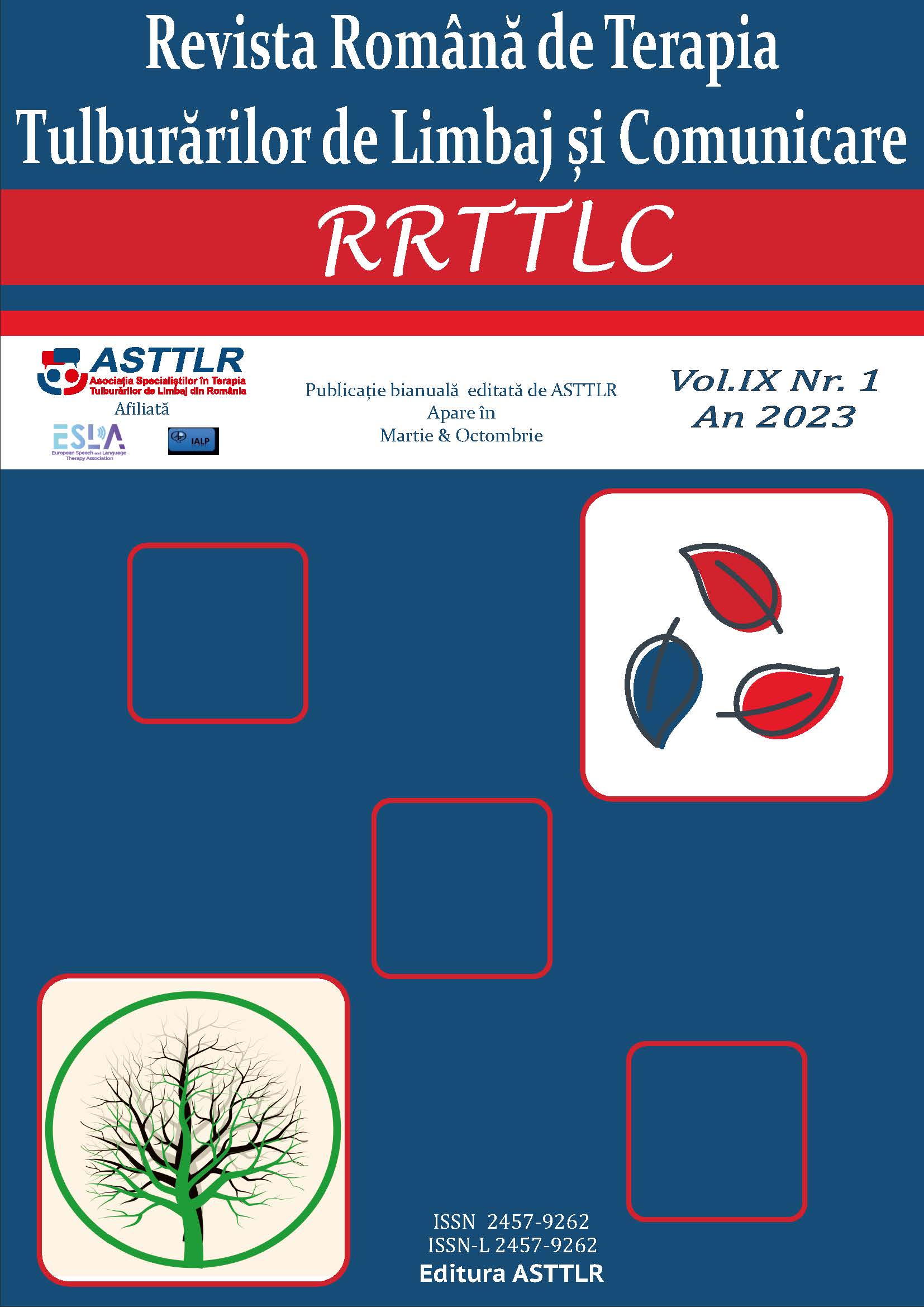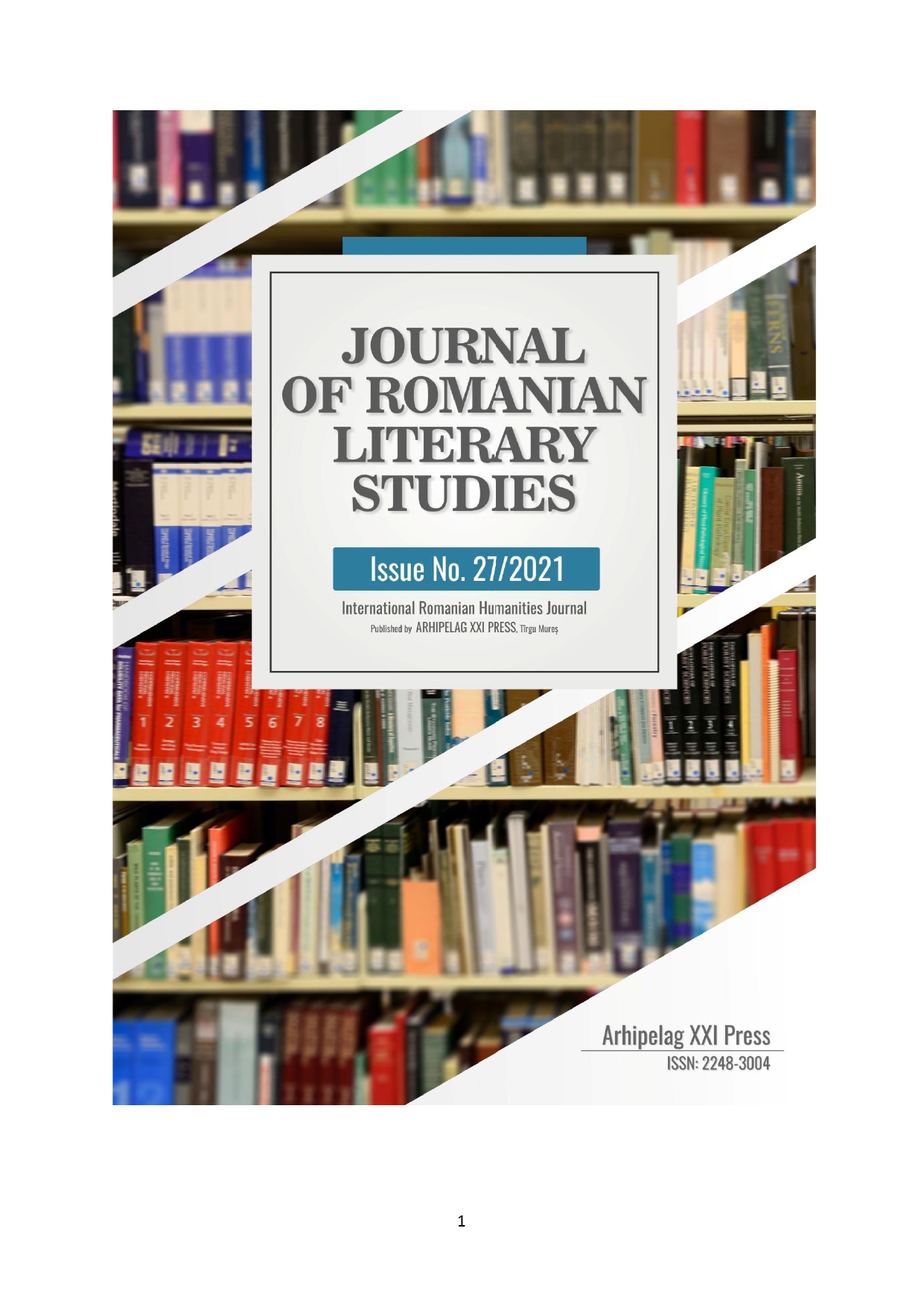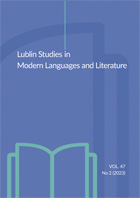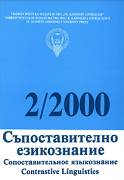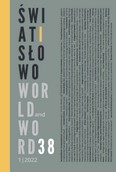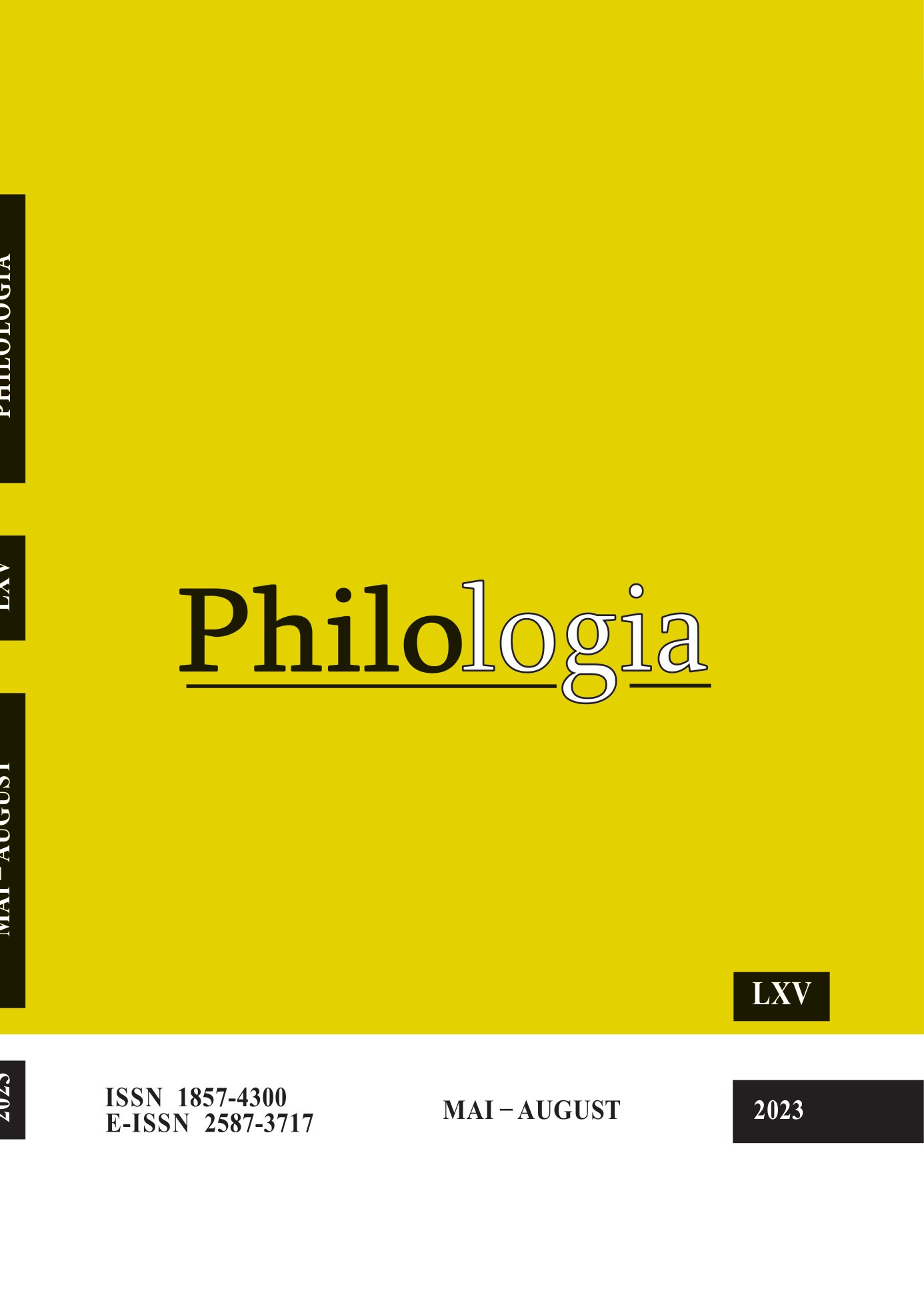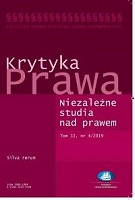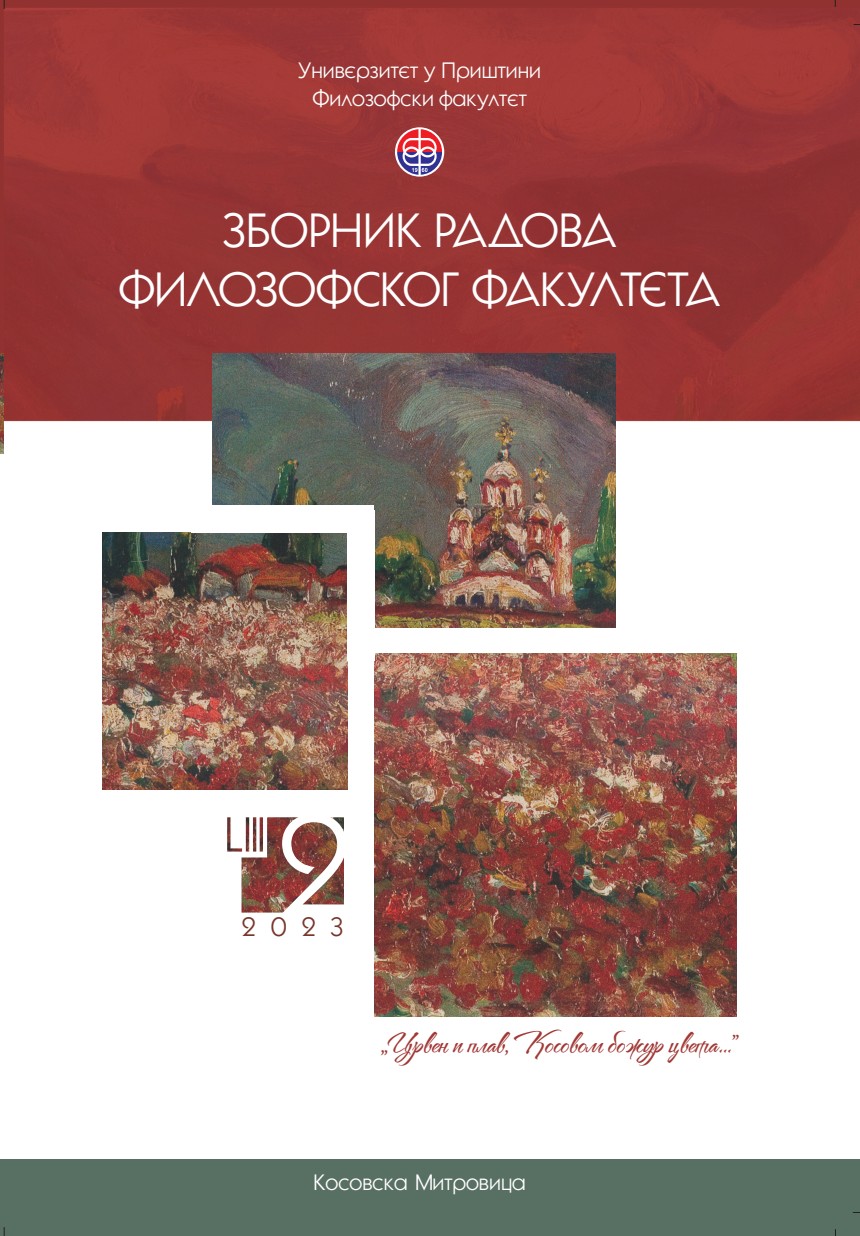
Стилске фигуре у дискусијама о лингвистичким темама у друштвеним медијима
Over the last few decades, Internet-based communication has become an increasingly dominant form of information exchange. Not surprisingly, the development and use of social media have led to language change. At the same time, opportunities have arisen for linguists to explore and analyze the linguo-stylistic characteristics of social media usage. Therefore, this paper deals with the dilemmas and comments posted by the members of the Facebook and Instagram communities Jezičke nedoumice (Eng. Linguistic Dilemmas) and Dnevna doza pravopisa (Eng. A Daily Dose of Standard Serbian), as well as the Krstarica forum Jezik (Eng. Language). These communities were formed with the aim of solving linguistic issues and improving the linguistic knowledge of their users. Our research will focus on the nature of posts and comments on the popular social media websites, in terms of their linguistic and stylistic features. Its aim is to identify and classify these features by examining the rhetorical devices used. The collection of the corpus material relied on the presence of the following stylemes in the social media discussions on linguistic topics: (1) phonostylemes, (2) semantostylemes, (3) syntaxostylemes, and (4) graphostylemes.
More...
